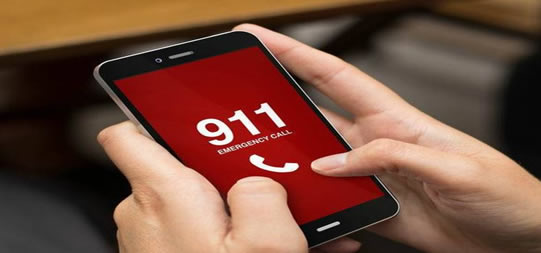When You Need to Call 911

If you witness or are in a situation you consider an emergency and you feel that Law Enforcement, Fire, or Emergency Medical Services response in needed…
Call 911
What to know when you call:
- What is going on – what and who you are seeing?
- Where are you – Location, as specific as possible?
- Is a vehicle involved – CYMBAL (color, year, make, body, license)?
- What is your name and phone number?
Stay calm – Speak clearly – Let the operator ask the questions, and above all else:
DO NOT PUT YOURSELF IN HARMS WAY
Do not worry if you don’t have all the answers, just do the best you can.
Inadvertently call 911?
Don’t hang up.
Merely explain that you are fine and that the call was an accident.
Dispatch is required to follow-up on hang-ups.
If You Have Any Questions About The Information, DO NOT HESITATE TO CALL THE MASON COUNTY SHERIFF'S OFFICE AT (360) 427-9670 X313
WHEN NOT TO CALL 911
Not an emergency but needs to be reported… 360-426-4441
(This is still a call to Dispatch answered by the 911 Operator)
- If needing a copy of a case report (360) 427-9670 ext 314
- If needing Registered Sex Offender (RSO) check in (360) 427-9670 ext 657
- If needing to contact the Jail (360) 427-9670 ext 372
- If needing someone to be served paperwork or have questions about serving someone paperwork in the county (360) 427- 9670 ext 315
- If you have any other questions or questions about this information, please do not hesitate to call the Sheriff’s Office at (360) 427-9670 ext 313.
